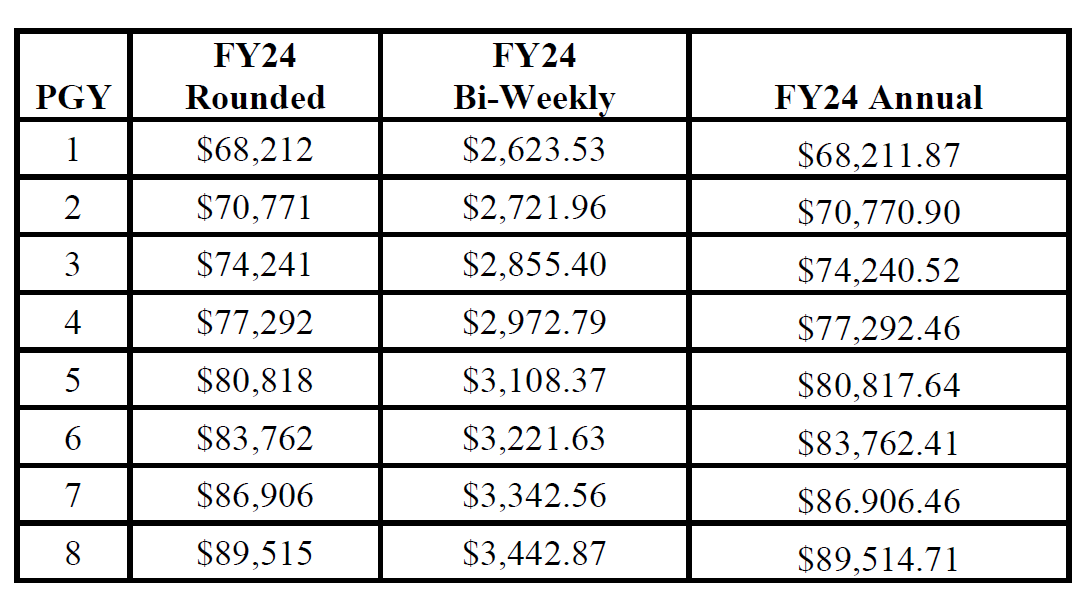About Us
Faculty and Staff
Specimen Delivery and Requirements
Requisition
Contact Information
Nephropathology is the subspeciality of surgical pathology which is focused on the diagnosis and characterization of medical diseases of the kidney. The diagnosis of renal diseases is usually made by percutaneous renal biopsy, to determine patient prognosis and therapy. Renal pathology interpretation is complex and challenging.
Nephropathologists use light microscopy, immunofluorescence, immunohistochemistry and electron microscopy to obtain a definitive diagnosis. Renal pathologists work closely with Nephrologists and the transplant team. Although we usually focus on diseases of the glomerulus the scope of renal pathology is broad and includes tubulointerstitial diseases and vascular diseases of the native kidneys and disorders of renal allografts.
The nephropatholgy unit at UMass Memorial Pathology processes approximately 130 renal biopsies annually. 50% are from native kidneys and the remaining 50% are from renal transplants. About 15% of our native kidney biopsies are from patients in the pediatric age group. In addition to acquired kidney diseases the latter group includes interesting and challenging hereditary and congenital kidney diseases.
Dr. Nader Morad
Dr. Vijay Vanguri
Norberto Gherbesi (Electron Microscopy Technician)
In addition to diagnostic service the renal pathology unit is actively involved in clinicopathological conferences with clinicians from Nephrology, Rheumatology and Transplant medicine.
About 20% of renal biopsies are STAT cases requiring same day processing and preliminary critical value diagnoses. This service is available 24 hours a day, 7 days a week and is provided for biopsies of renal allografts and native kidneys.
Specimen Delivery and Requirements
For both STAT and routine services the clinician will typically call the general office of UMass Memorial Pathology.
In a typical case the resident or histotechnologist will attend the biopsy procedure and will inform the radiologist whether the tissue is adequate. The tissue obtained will be triaged into three parts. Each part should contain at least one glomerulus and should include a portion of the renal cortex. The majority of the specimen is placed in formalin fixative for light microscopy , special stains and immunohistochemical stains. Typically 10-15 glomeruli are needed for a definitive diagnosis. A smaller portion of the biopsy will be placed in Michel’s medium available in the Pathology Department to be processed for immunofluorescence microscopy. Usually 1-3 glomeruli are needed. A third small portion of the biopsy will be placed in a special glutaraldehyde for electron microscopy. Usually one to two glomeruli are required.
Send specimens to:
UMass Memorial Laboratories
365 Plantation Street
Worcester, MA 01605
508-334-2863
For assistance with consultation cases please call the Main Office at 508-793-6100
For assistance with billing issues please call Lou Savas at 508-793-6204
Dr. Vijay Vanguri
Director, Renal Pathology
UMass Pathology
Three Biotech
One Innovation Drive
Worcester, MA 01605
Tel: 508-793-6170
Email: vijay.vanguri@umassmed.edu
URL: http://profiles.umassmed.edu/profiles/ProfileDetails.aspx?From=SE&Person=716
